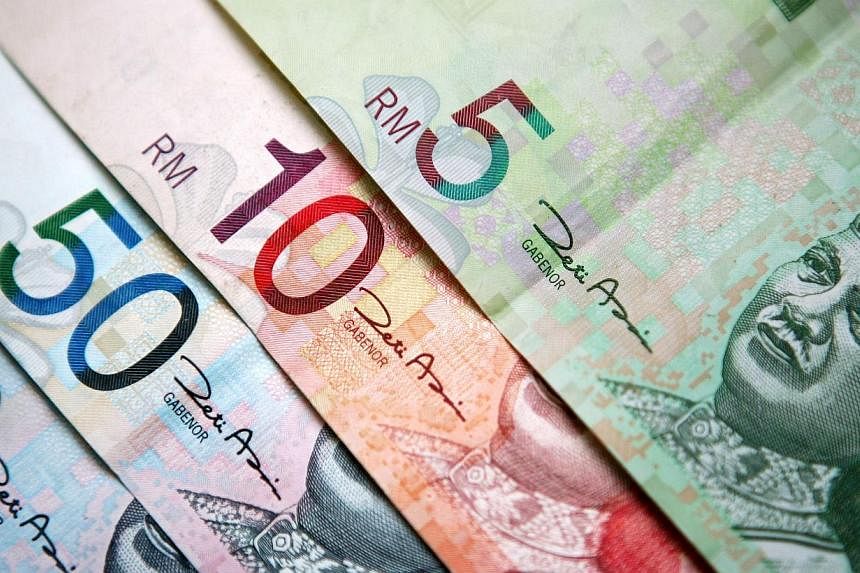SINGAPORE - Falling oil prices pushed the ringgit to a 10-month low against the Singapore dollar on Monday, on concerns that Malaysia's heavy reliance on oil-related revenue would hurt growth.
One Singdollar now buys RM2.63, a 2.3 per cent slide from RM2.57 last week. This was the ringgit's steepest two-day slide since the Asian financial crisis, and analysts expect that it will fall further.
"We see the next major resistance at 2.67," said UOB economist Ho Woei Chen. Since Malaysia draws almost a third of government revenue from state oil company Petronas, it is more exposed to oil price volatilities than oil-importing countries such as Singapore, she said.
Last Friday, Petronas delivered some bad news when it announced plans to cut its capital expenditure by 15-20 per cent next year on the basis of a lower oil price outlook.
"A lot depends on what happens with oil prices," agreed Westpac Banking senior currency strategist Jonathan Cavenagh. "Both Singapore and Malaysia are exposed to the oil price stories, but more so Malaysia."
Mr Cavenagh expects the ringgit to slide further to RM2.65 against the Singdollar over the next six months.
Credit Suisse's senior foreign exchange strategist Heng Koon How agreed that this might happen any time in the next 12 months, noting that the ringgit has been "more volatile" since the Organization of the Petroleum Exporting Countries (Opec) opted not to reduce a supply glut last week.
Ms Ho als0 cited "concerns of a current account deficit in the fourth quarter and the prospect of the government missing its fiscal deficit target in 2015" as some reasons for the underperformance of the ringgit against other regional currencies.
"Falling prices of other commodities including palm oil and rubber have also weighed on sentiment," she said.


